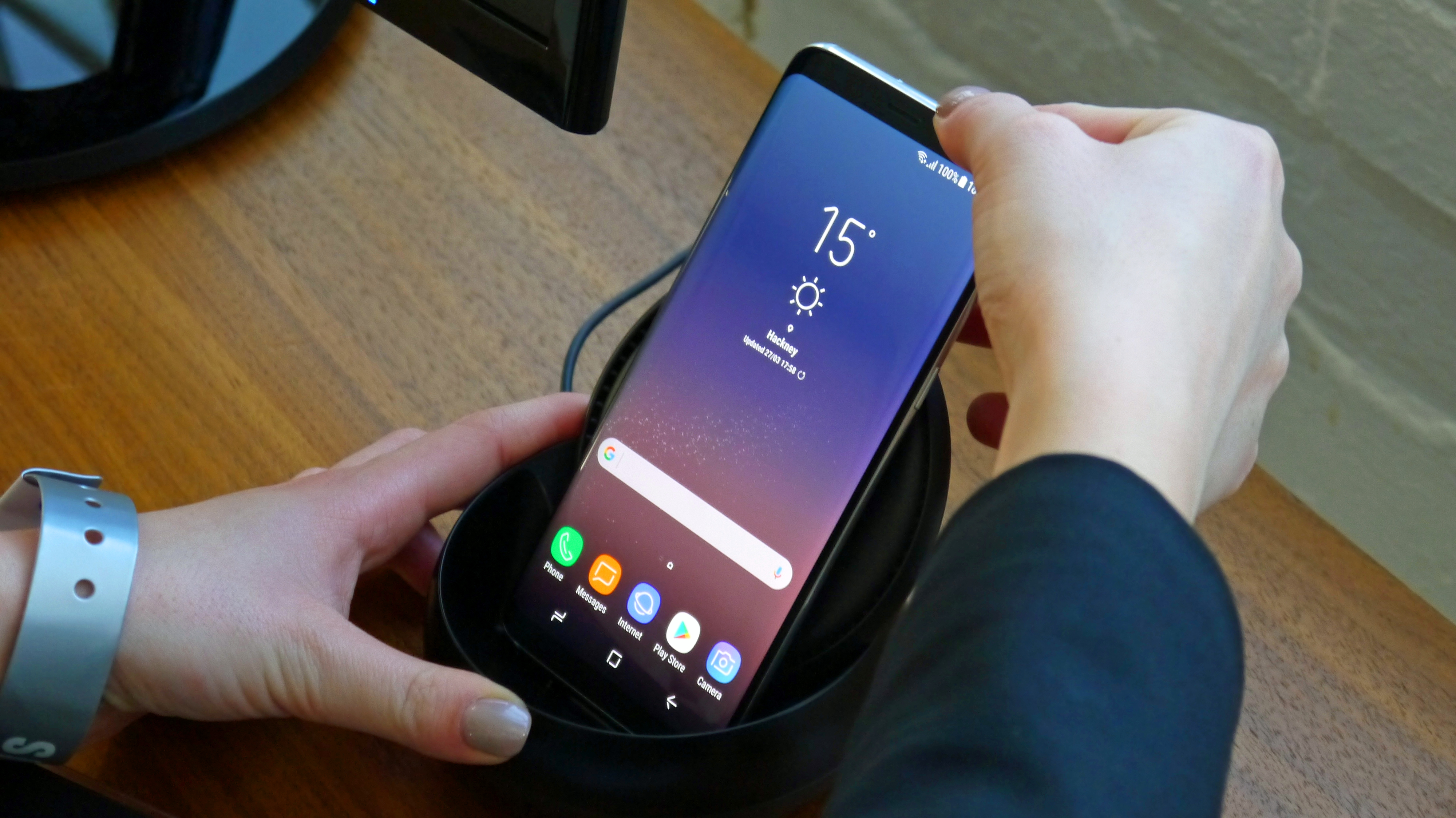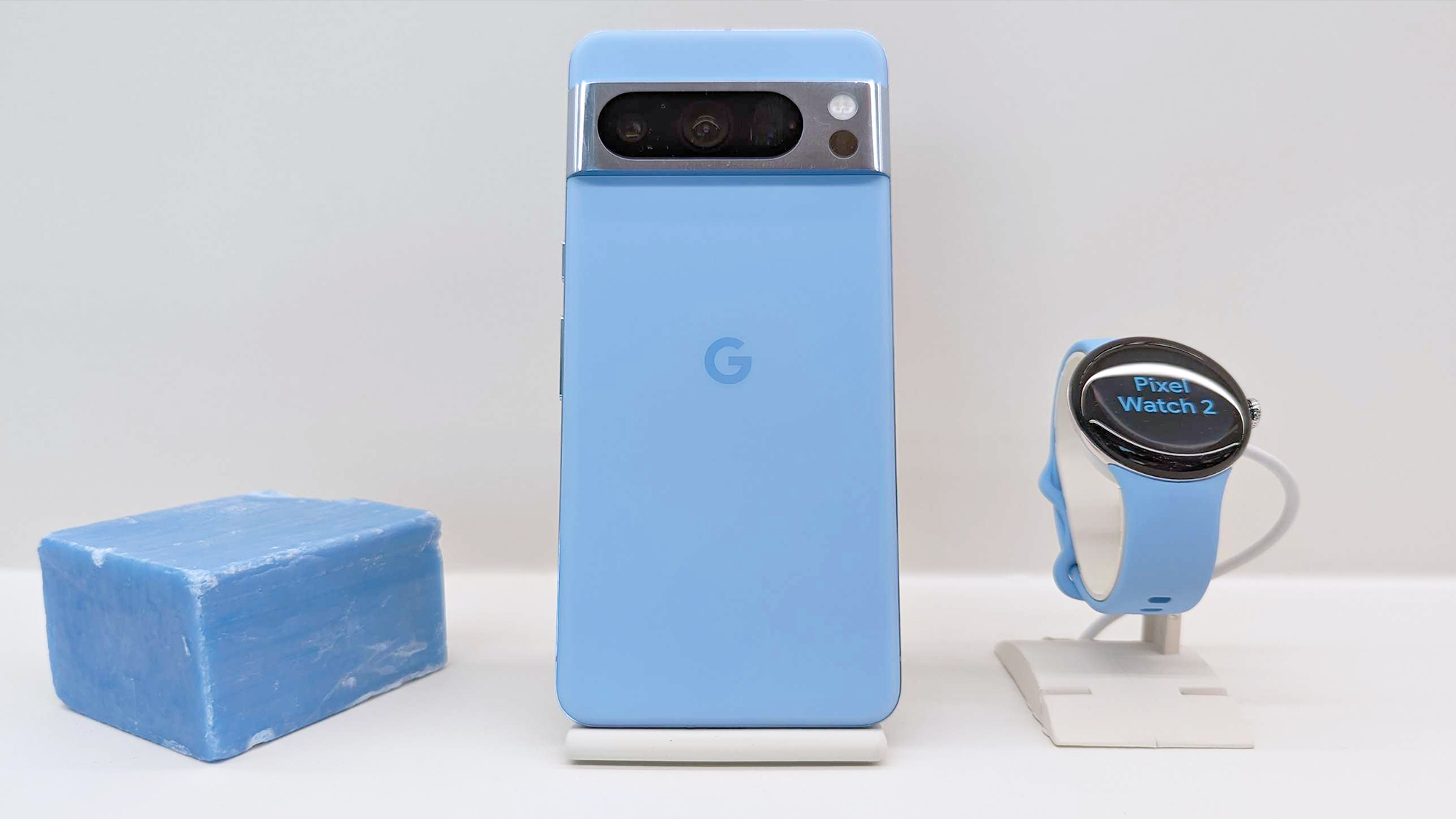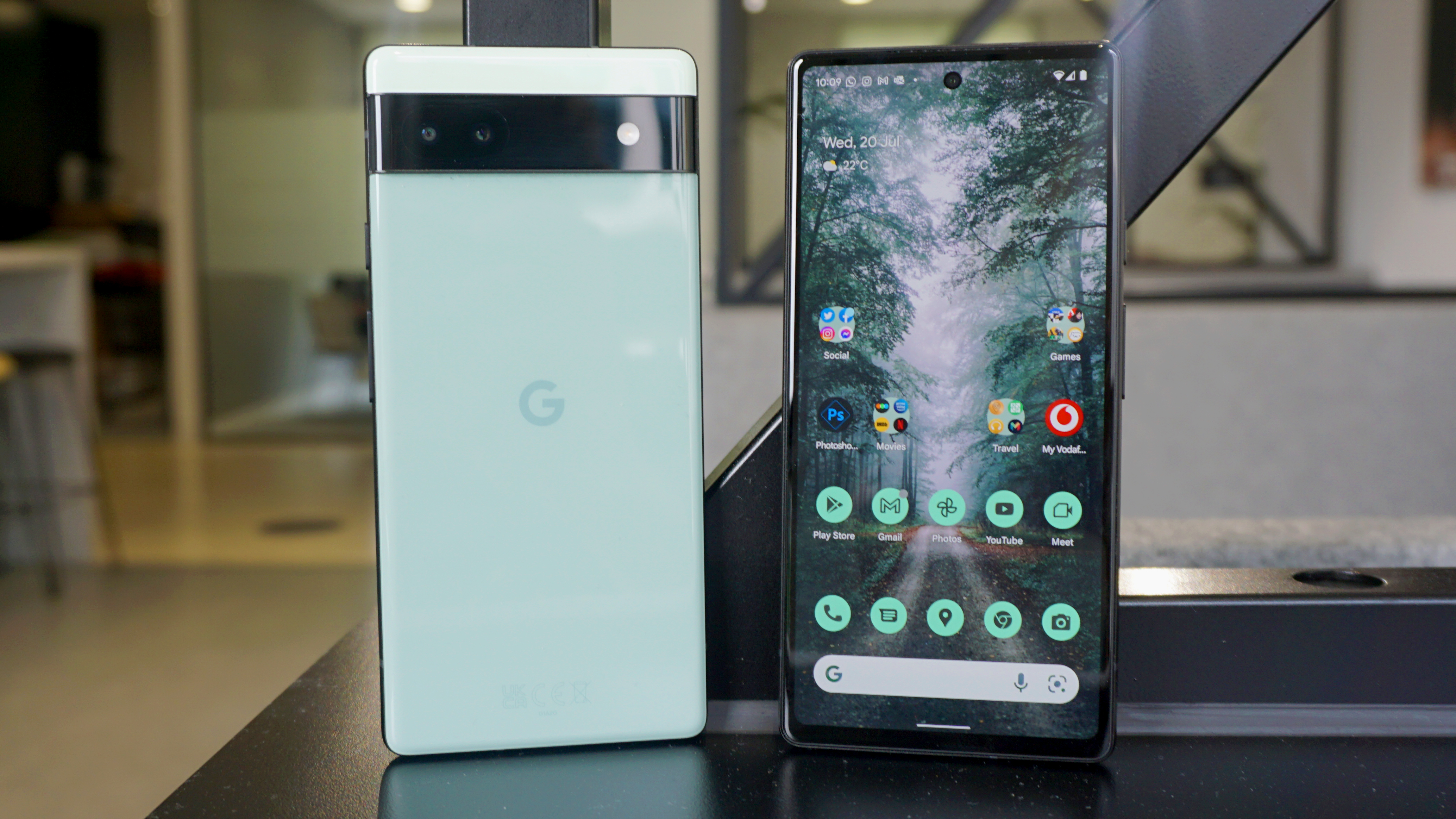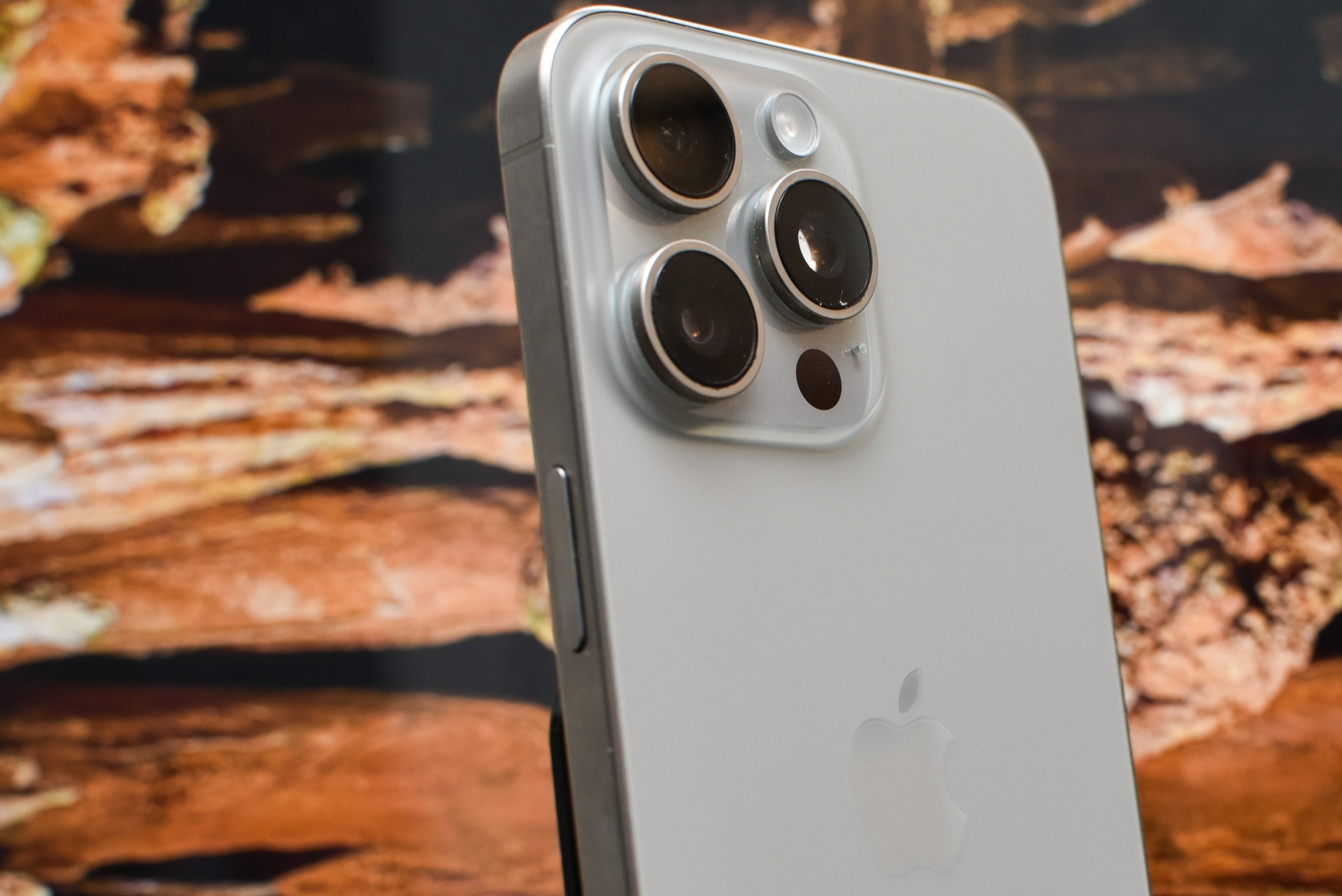When Google and then Samsung promised seven years of major OS updates for the latest Pixel 8 and Galaxy S24 families, I was left agog. That’s longer than any other phone maker before; even longer than Apple, which quietly supports every iPhone with five years of iOS. Since then, I’ve been looking for potholes on the road to seven years. I’ve been looking for off-ramps where Google or Samsung renege on the promise. That’s why I hope Google doesn’t promise seven years for the rumored Pixel 8a. It would just be too stressful for me.
See, I don’t think Google can do it. I don’t think Google can support the Pixel 8a for seven years of updates. I’m pretty sure that there will be disclaimers and caveats for the Pixel 8 by the time we reach the finish line.
We’ve already seen hints. So I don’t want to deal with this promise on the Pixel 8a, the next bargain Pixel from Google, rumored to be coming in May at Google I/O 2024. I just want to enjoy the phone on its own merits, and not worry about Google disappointing us long term.
Is seven years realistic? Nobody knows for sure
Would a phone from seven years ago be able to run today’s version of Android? In 2017, Samsung launched the Galaxy S8 – certainly one of the best Galaxy phones. That phone had respectable specs, even by today’s standards. It used an Exynos or Snapdragon 8-core processor and packed either four or six gigs of RAM. It also used USB-C, had wireless charging, and even offered microSD card expansion.

By today’s standards, this would be a fine bargain phone. You can find cheap phones with less than 4GB of RAM. Therefore, you might expect that the Galaxy S8 would be upgradeable from its original Android 7 to Android 14. Sadly, Samsung never pushed the Galaxy S8 past Android 9. Yup, that flagship phone got two major OS updates, and that’s all, folks.
The Galaxy S23 family only gets four years of updates, which will take that phone from Android 13 to Android 17 in 2027. The Pixel 7 family, launched the same year, only gets two measly years of Android updates. Google isn’t promising any new Android updates, even for the Pixel 7 Pro, after 2025.
Now, Google and Samsung expect me to believe the newest phones will be supported for seven years. Google is more than tripling its support promise, from two to seven years, in one generation. Already, we’ve seen cracks begin to show, and some wavering on updates.
One Pixel gets a new feature but another doesn’t
Google’s Gemini Nano large language model (LLM) was offered on the Pixel 8 Pro to live on that device and create generative AI language suggestions. For the Pixel 8, it was not offered, and the base model had to commune with Google’s cloud for AI answers. That seemed a bit odd, since the two phones use the same AI-forward Tensor G3 chipset, though the Pixel 8 admittedly has only 8GB of RAM to the Pixel 8 Pro’s 12GB.

Still, the red flags went up. The alarms began to blare. If Google can’t add the same features to both devices now, only a few months after launch, how can it possibly keep that promise for the next seven years? What’s going to happen in two years when the Pixel 8 has been left woefully behind on feature after feature? Will we even be able to say that it’s an up-to-date phone if Google doesn’t update everything?
Google changed course and ended up endowing the Pixel 8 with Gemini Nano, so for now the phones achieve parity. There have been no more unexpected omissions from the Pixel 8. We may question why the Pixel Fold has been so abused with missed updates, but Google’s most expensive phone never got the same promise as the Pixel 8 family, and it runs an older Tensor G2 chipset, like the Pixel 7a.
The Pixel 8a should be a bargain phone with bargain promises
Which brings me to the Pixel 8a. There is no Pixel 8a yet, though rumors suggest we will see the phone soon at Google I/O. If Google follows the same pattern as previous A-series phones, I expect some cool colors, reduced camera specs, and a cheaper price tag than the Pixel 8.

It will probably cost $100 more than I want it to cost, just like the last two A-series phones, and I’ll suggest waiting for a price drop.
The Pixel 8a should be a bargain phone. It will probably pack the same Tensor G3 chipset as the Pixel 8 because Google puts the same chips in everything launched in the same model year. It should also get the same 8GB of RAM as the Pixel 8, just like the Pixel 7a had the same RAM as the Pixel 7.
But even if performance is similar between the Pixel 8 and Pixel 8a, I won’t have the same expectations for software updates and support. I’ll expect less because buyers will pay less. That’s the idea of a bargain phone. It’s okay, as long as Google sets the right expectations.
Google should learn how Apple makes people happy
Just this once, I want Google to under-promise and over-deliver. Promise three years of updates for the Pixel 8a. Give us every single update on time, at the same time as the Pixel 8 and Pixel 8 Pro. Make it happen. You know, just like Apple.

I really hope Google doesn’t promise seven years of updates, because then I’m going to have to hound company reps every single time the Pixel 8a misses an update. Every time the Pixel 8 gets a new AI search feature, and the Pixel 8a is left off the list, I’m going to ask why Google has forsaken its bargain phone.
I don’t want to do that for the next seven years. I don’t want to do that at all. So don’t make me, Google. Don’t make me doubt and question the updates. Don’t bother promising so much for this bargain phone. Make it a bargain. Make it good. Then, make a promise for support that can be delivered. That’s what I want from the Pixel 8a for the years to come.




















+ There are no comments
Add yours